Buddhist Art in India which flourished from the time of King Ashoka (3rd century B.C.) to that of the Pala dynasty (A.D. 13th century) is devoted to monumental and sculptural art. Fresco painting is a salient feature of this period, particularly during the reign of the Guptas.
While the frescoes at Ajanta are a favourite subject of art critics and historians, those at Bagh in Central India seem to have been overlooked. Very few scholars worked on the Bagh frescoes which are now almost destroyed.
ABOUT THE AUTHOR Meena Talim
Dr. Meena Talim is the first person to be awarded a Ph.D. in Pali from University of Mumbai (1960). She has retired as Professor and Head, Department of Ancient Indian Culture and Pali, St. Xavier’s College, Mumbai (1990).Her publications include Buddhavamso (1969) Women in Early Buddhist Literature (1972), Bagh Paintings Identification and Interpretation (2002) Science of Medicine and Surgery in Buddhist India (2009), Life of Women in Buddhist Literature (in Press), Unidentified and Ministerpreted Painting of Ajanta, (forthcoming). She has also written seven books seven-five research papers to reputed Indological journals and Magazines.Dr. Talim is presently working as Honorary Professor at K.J. Somaiya Centre for Buddhist Studies, Mumbai and Visiting Professor at University of Mumbai, Mumbai.

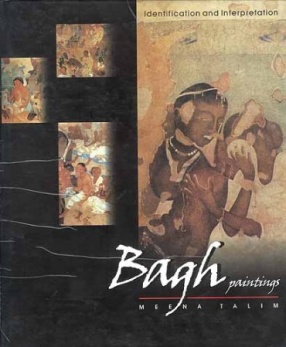
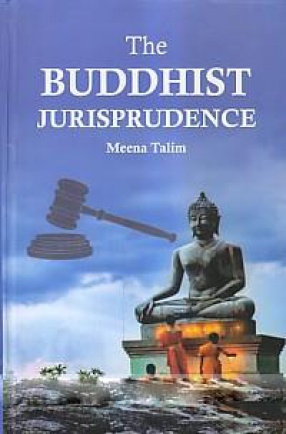
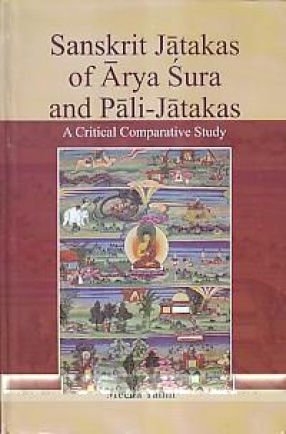
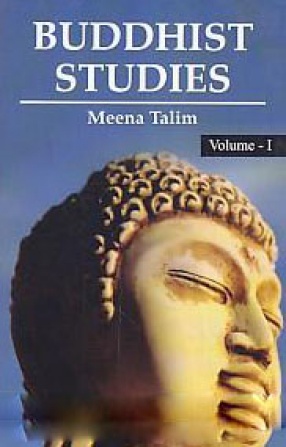
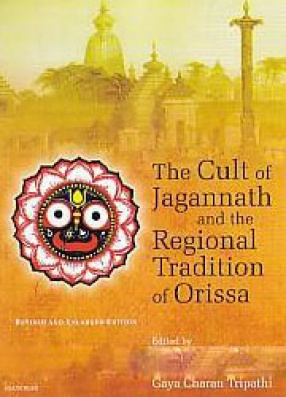
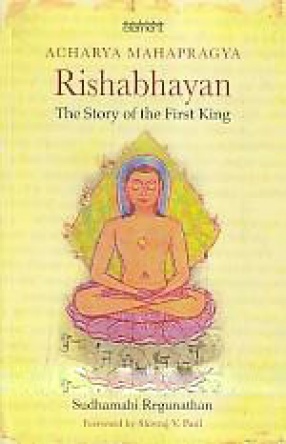
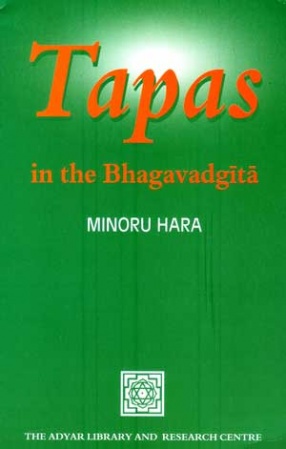
There are no reviews yet.